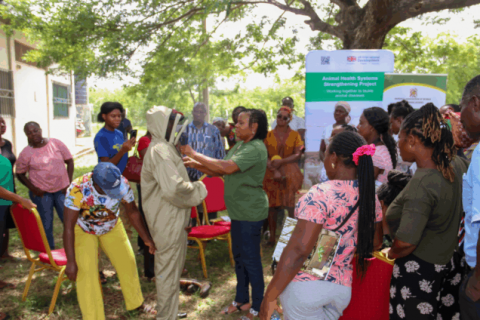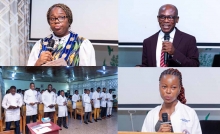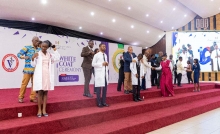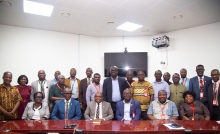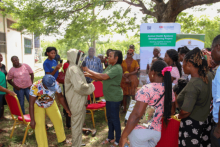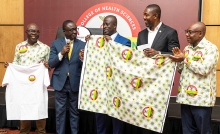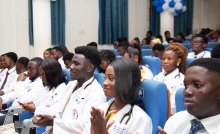The UK government is spotlighting the transformative impact of its Department for Environment, Food and Rural Affairs (Defra) through the Animal Health System Strengthening (AHSS) Project in Ghana.
The initiative showcases how international partnerships can drive sustainable development, climate resilience, and global health security as the world marks World Bee Day 2025.
In line with this year’s theme, “Bee Engaged with Youth,” the AHSS Project is equipping Ghana’s institutions, women, and academic communities with the tools for climate-smart beekeeping, inclusive enterprise, and modern veterinary education.
Among its key achievements are the development of Ghana’s first Bee Health Manual, the creation of apiaries, and the integration of bee health into university curricula.
The project has fostered academic collaboration between Ghanaian institutions such as the Kwame Nkrumah University of Science and Technology (KNUST) and the University of Ghana, and UK partners including the University of Glasgow, University of Edinburgh, University of Surrey, and the Royal Veterinary College.
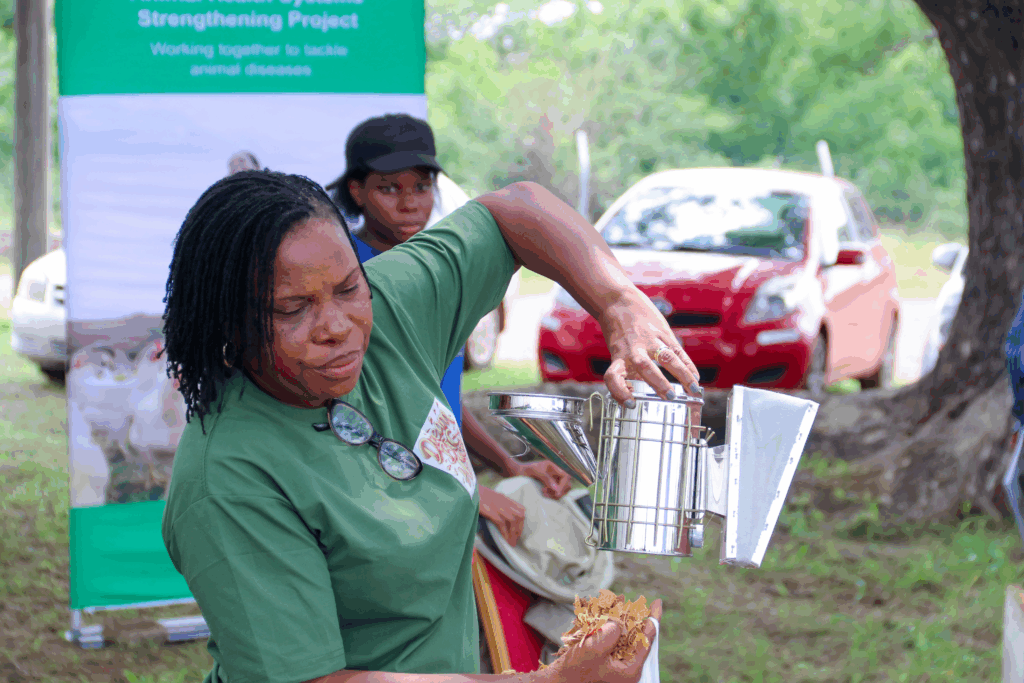
These partnerships have led to curriculum development, specialised training for Ghanaian academics, and a strengthening of veterinary education.
A notable success story is Dr. Emmanuel Dongbataazie Piiru, whose research in honeybee pathology is expanding Ghana’s knowledge base in this critical area.
Under the leadership of Professor Benjamin Emikpe, KNUST has introduced a new course, VM 462: Micro-Livestock Medicine, which includes honeybee health. The course has also incorporated emerging subjects like artificial intelligence, bioinformatics, and climate-sensitive diseases.
Women have been central to the project’s success. One standout is Martha Adjorlolo, who, after training in the UK, transitioned from administration to beekeeping and training.
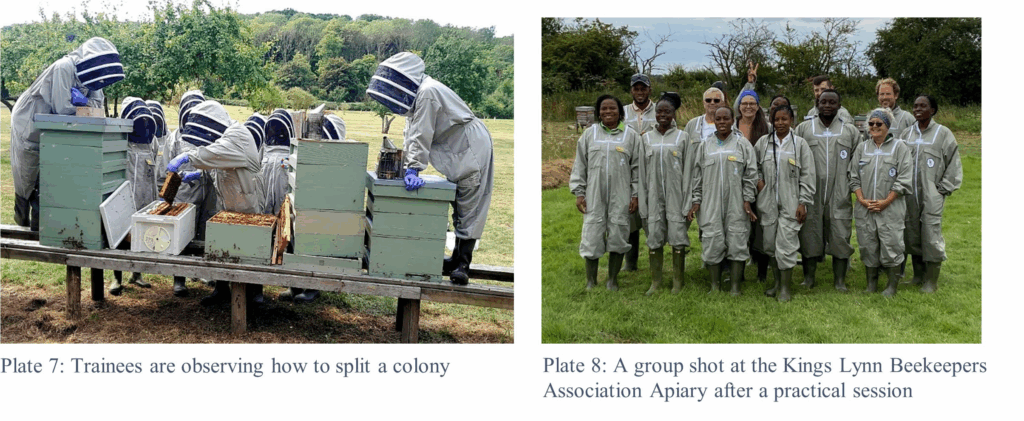
She now manages her own apiary and co-founded the National Association of Women Bee Farmers, which boasts over 80 members.
British High Commissioner to Ghana, Harriet Thompson, shared her thoughts on the significance of the project.
“The UK is proud to partner with Ghana in advancing sustainable agriculture and climate resilience through the Defra-AHSS Project.
"This initiative is not only protecting pollinators and biodiversity but also empowering women, youth, and academic institutions to lead the way in innovation and inclusive development. On World Bee Day, we celebrate the power of collaboration to create a lasting impact.”
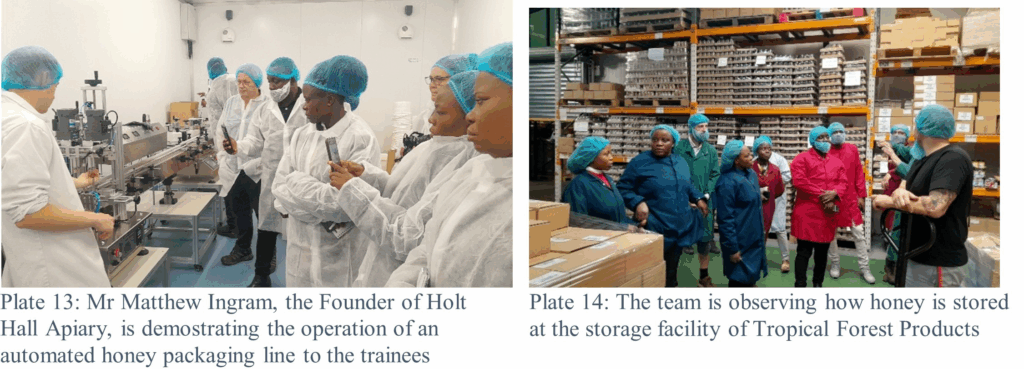
Aligned with Ghana’s Climate Prosperity Plan and National Adaptation Plan, the project supports biodiversity conservation, sustainable agriculture, and green job creation.
It also advances the UK Foreign Secretary’s 2024 goals of re-engaging with the Global South, tackling climate change, and promoting inclusive development.
Through education, research, and community engagement, the UK-Ghana Defra-AHSS partnership is helping Ghana build a resilient, innovative, and inclusive honeybee sector—one that truly embodies the spirit of World Bee Day.

